Written and directed by Aaron Sorkin
Starring Yahya Abdul-Mateen II, Sacha Baron Cohen, Daniel Flaherty, Joseph Gordon Levitt, Michael Keaton, Frank Langella, John Carroll Lynch, Eddie Redmayne, Noah Robbins, Mark Rylance, Alex Sharp, and Jeremy Strong
Language: English
Running time: 130 minutes
Set in 1969, The Trial of the Chicago 7 tracks the real-life legal proceedings of the “Chicago 7” who were a group of activists from different academic, socioeconomic, and ideological backgrounds that were ultimately charged by the US Federal government with conspiracy and inciting to riot in relation to anti-Vietnam War and countercultural protests that took place in Chicago in 1968 during the Democratic National Convention of that year.
Whereas Aaron Sorkin’s directorial debut Molly’s Game (2018) was a trial of the individual, and thus a portrayal of the real-life legal ramifications of one woman’s capitalist endeavours, Sorkin’s sophomore film is a trial of the collective and, what’s more, a prime demonstration of the wilful corruption of the systems of power that that collective seeks to object and overturn. This is what makes Chicago 7 interesting to watch: even though the collective protestors are the ones on trial, the course of the legal proceedings—specifically in the frustrating lack of fairness and sense demonstrated by Judge Hoffman (Frank Langella)—inadvertently places the trial itself, and therefore the collective powers that govern it, on trial as well.
Viewers, in fact, need not watch more than ten minutes of the film in order to see clearly what Sorkin’s verdict is on this moment of American history. The opening sequence features a montage that juxtaposes scenes in which the Chicago 7 are gearing up for their demonstrations at the DNC with real-life archival footage that ranges from the exponential drafting (and, therefore, loss) of American soldiers, to Martin Luther King Jr and Robert F Kennedy’s denouncement of the war (and their consequent assassinations), to civilians on the home front being brutalised by the police for their public displays of opposition. This immediately establishes the film’s key messages: that firstly, the American people are exhausted by the amount of death and violence they face each day (either at the hands of the enemy overseas, or at home by those who are allegedly sworn to serve and protect) and are, secondly, restless for revolution and reform because, lastly, the American government is a joke.
The reason this film works as well as it does is precisely because Sorkin is at the helm. Who else, after all, would be able to appropriately portray just how much of a farce this trial was than a man who hails from the theatre? His script balances the moments of comedy with the overarching tragedy, the lightness with the inevitable, albeit unfair, doom of the defendants, and, most importantly, the urge to condemn with the willingness—and heart—to understand.
The cast deserves major credit, particularly the performances by Langella as the presiding judge, Eddie Redmayne and Sacha Baron Cohen as two of the principal Chicago 7 who often go head-to-head because of their fundamentally polarising views on how real change is successfully enacted, Mark Rylance as their increasingly flabbergasted lawyer, and the recent Emmy-winner (and always perfect) Yahya Abdul-Mateen II whose presence as the sole Black defendant—on trial because of a baseless charge that serves the sole purpose of striking fear in the predominantly white jury—makes evident the racism that pervades America’s justice system. A particularly striking and hard-to-watch scene sees Abdul-Mateen II’s character beaten, bound, and gagged on the judge’s orders for doing what the other white men on trial dare to do: for asserting his basic right to a lawyer and a fair trial.
Behind the camera, cinematographer Phedon Papamichael and editor Alan Baumgarten expertly create three different visual atmospheres—the trial scenes themselves, the flashbacks of what actually happened during the demonstration at the DNC, and the moments of recess in between the long days in court. They weave together three different sides to the Chicago 7 that ultimately allow the viewers to become witness to—and perhaps, by allegiance with the Chicago 7, as fatigued and disturbed by—the theatrics of the entire trial.
It’s difficult to know how this film would have played out in any other year, if it would have had the same cultural impact. Specifically: coming at the end of a summer that saw the height of protestors around the world calling for justice, reparations, and the end of anti-Black racism—especially on American soil—there’s a certain timeliness attributed to Sorkin’s film. The way it further pulls back the curtain on American history and reveals, just as much then as right now, that the systems of power in America operate on the self-serving whims of the white man in charge leaves viewers, in the end, to judge whether or not America has ever actually been great to begin with.





